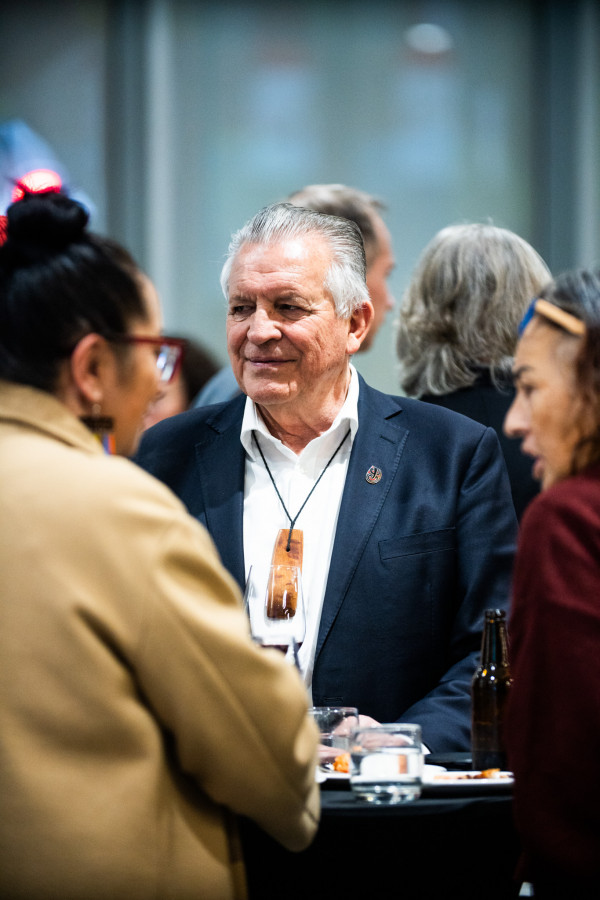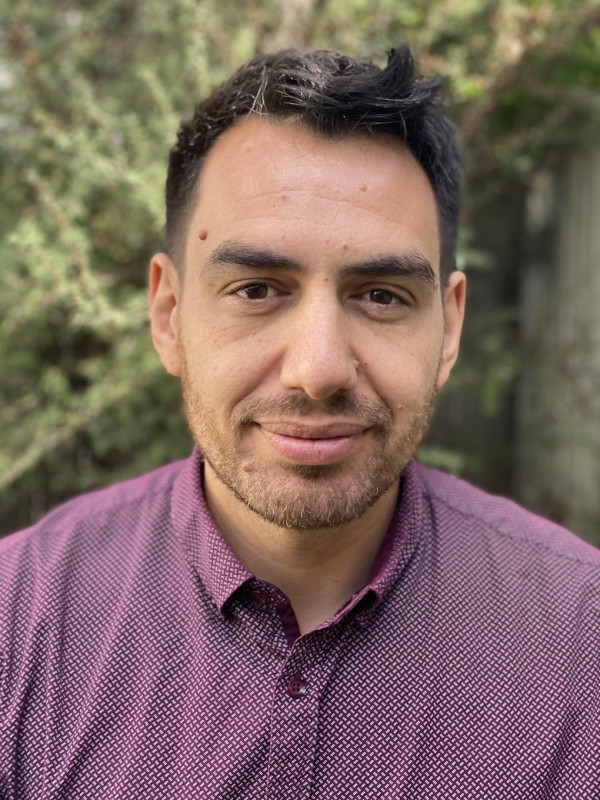It’s been 30 years since Te Māngai Pāho, the government agency tasked with promoting te reo Māori through media, was created.
In 1972, a petition with over 30,000 signatures was delivered to parliament calling for te reo Māori to be recognised in law. Over a decade later in 1987, the Māori Language Act was passed by the government.
Recognising te reo Māori in law meant the government was responsible for protecting and promoting the language, including in broadcasting.
And so Te Māngai Pāho was created in 1994. It’s responsible for promoting te reo Māori and te ao Māori through funding Māori-language radio and TV programmes.
Te Māngai Pāho is a crown entity, which means they are owned and funded by the government but make their own decisions.
Their funding can vary depending on the government’s budget, but for the past two years, they’ve been allocated $62.6 million to fund numerous Māori shows, movies, radio stations, current affairs programmes and podcasts.
This includes everything from news programmes like Te Karere, to shows like The Casketeers.
Kaihautū (chief executive) of Te Māngai Pāho Larry Parr (Ngāti Raukawa, Muaūpoko) has been with the organisation for about 16 years.
Parr said it feels “very gratifying” for Te Māngai Pāho to be turning 30.

Larry Parr. Photo: Supplied.
Māori media’s impact on te reo Māori
Parr said the impact and progress in the revitalisation of te reo Māori has been significant over the last 30 years.
“When I think back to when we were in the 1970s in terms of te reo Māori and where we are today, that’s what is gratifying. We’ve made a lot of progress.”
“The first generation of kōhanga tamariki are now working in the public service sectors, or in te reo Māori spaces.”
Back in 1970, there were few young people coming through in those spaces, he said.
Thirty years ago Māori language consultant Donovan Te Ahunui Farnham (Ngāti Awa, Tūhoe) was just 10 years old.

Donovan Farnham. Photo: Supplied.
“30 years ago, I was in rumaki reo (Māori unit), and it’s best to keep in mind that we were the fortunate ones who were in rumaki reo and had gone through kōhanga reo back in the 90s.”
He said the perception of te reo Māori at that time was not a great one.
“The kids who were learning through Māori medium were quite often labelled as the dirty kids or the ones who would steal or the ones who would get into trouble.”
These days, Ministry of Education data shows Māori kids in Māori medium education do better than Māori kids in English-medium schools.
“The number of Māori speakers is growing and we put it down to a large number of things but we definitely have to put it down to good quality Māori language content getting out there. We’re in this process of language revitalisation and language reclamation,” Farnham said.
“What we’ve got at our fingertips is the access to good quality programmes.”
Farnham said having Māori content representation on our screens means Māori language learners and tangata Māori see themselves which helps with the normalisation of the language.
”The one thing that makes us different here in New Zealand to any other country is our Māori language and our Māori culture. It’s our one defining feature.”
“The world definitely sees Māori culture and Māori language as a commodity, and it’s because we’ve got that Māori content out there and because we’re out there in the media.”
Farnham said the world sees kapa haka like Te Matatini, our protocols and customs, and language on the global stage through media and content.
While some people may argue that taxpayer money shouldn't be going towards funding Māori content and media, Parr believes it’s the government’s obligation to make things right.
“We need to make sure they honour the Treaty [of Waitangi] and help us revitalise our language and make Aotearoa a bilingual country.”
More stories:
What it’s like to be a Māori drag queen
‘We’re strong together and we will face anything together.’
What happens when coalition partners ‘agree to disagree’?
“Agree to disagree” mechanisms are often built into coalition agreements.
Why you might feel like an imposter at work
Feel like you're faking it? So do half of New Zealanders, research shows.